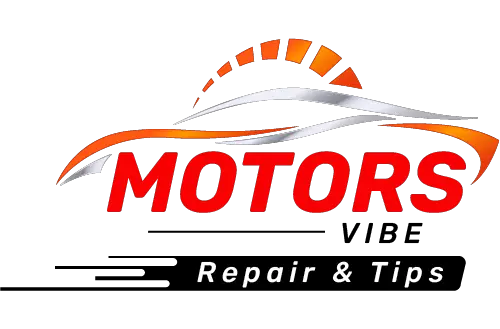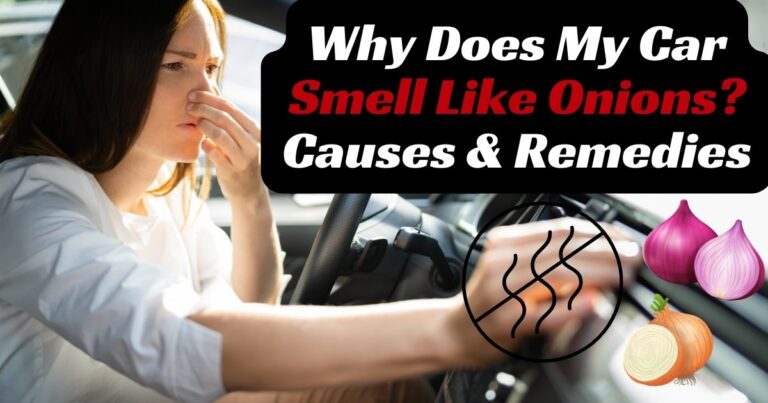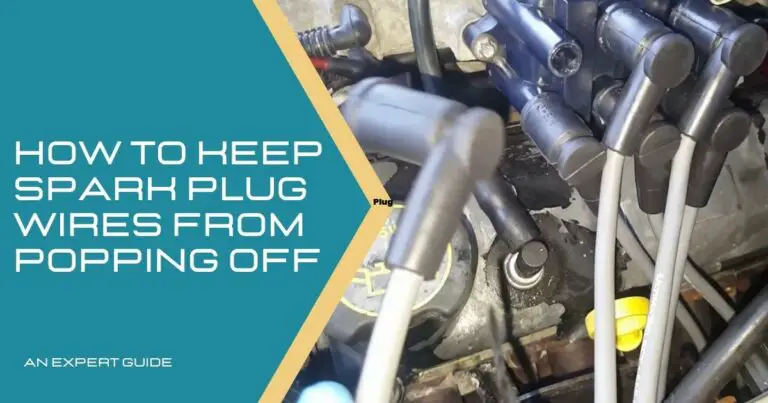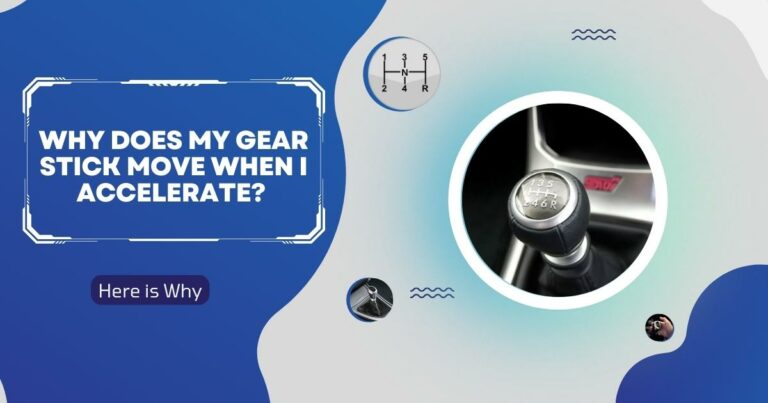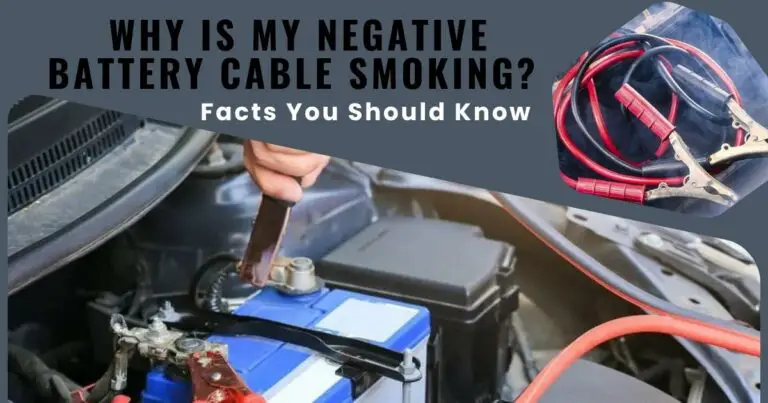Bell Ringing Sound in Car- Causes and Solutions
As you cruise down the road in your car, you may have experienced a curious phenomenon—a metallic, bell-like sound emanating from your vehicle. This peculiar experience can be both perplexing and worrisome, leaving you wondering- why does my car sound like a bell ringing?
It can be quite baffling when your car unexpectedly starts ringing like a bell. However peculiar it may seem, this unusual phenomenon can be attributed to several possible causes. In this blog, we will delve into the reasons behind your car’s bell-like ringing and provide insights on how to address this issue.
Why is My Car Ringing?
When your car starts ringing like a bell, it can indeed be a frustrating and bothersome experience. Not only is the sound unpleasant, but it may also indicate a potentially serious problem with your car’s engine. To effectively address the issue, it’s crucial to identify the possible causes. Here are some reasons to consider;
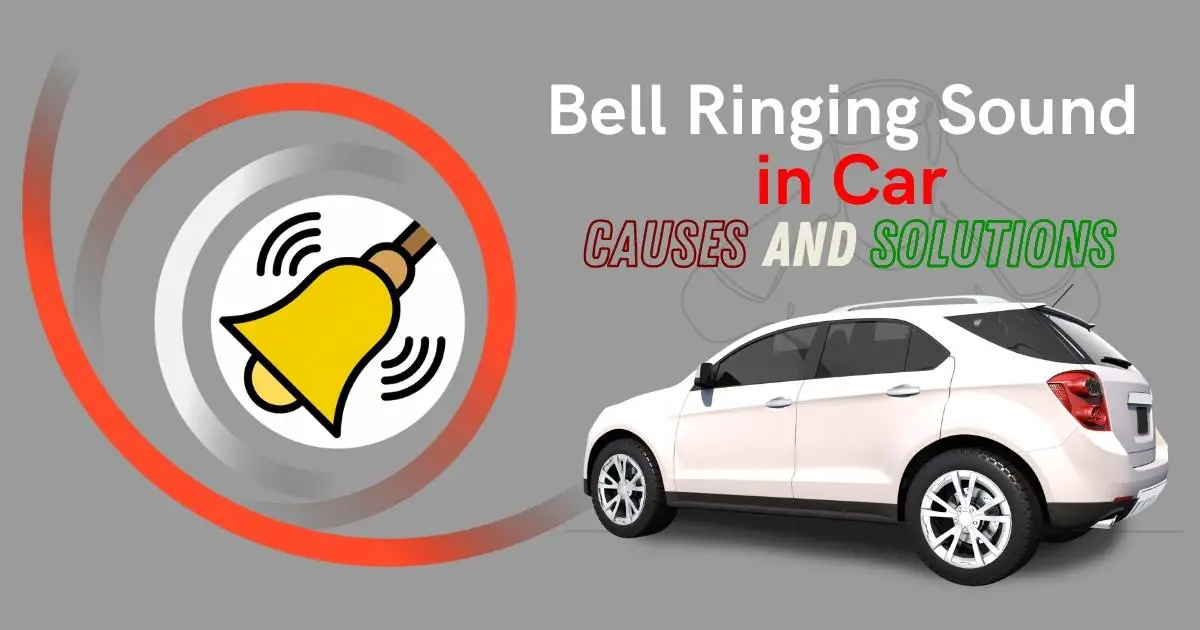
Engine misfire
When an engine misfires, it means that the air-fuel mixture in one or more cylinders has failed to ignite properly. This can lead to a disturbance in the normal combustion process, resulting in a series of rapid and irregular explosions within the affected cylinder(s).
The forceful and irregular nature of these combustion events can create vibrations and disturbances in the engine, causing various components to vibrate or resonate. In some cases, these vibrations can manifest as a ringing or bell-like sound that emanates from the engine.
The ringing sound occurs due to the resonance of certain engine parts, such as the engine block, cylinder head, or other nearby components. These parts may vibrate or produce specific sound frequencies when subjected to the irregular combustion forces caused by the misfire. This phenomenon can result in the characteristic car ringing noise that you hear.
Timing belt issues
Timing belt issues can also cause a bell ringing sound in a car due to the impact they have on the engine’s valve timing. The timing belt is responsible for synchronizing the rotation of the engine’s crankshaft and camshaft(s), ensuring that the valves open and close at the correct times during the combustion cycle.
If the timing belt becomes worn, stretched, or misaligned, it can disrupt the precise timing of the engine’s valves. This can result in the valves opening and closing at incorrect intervals, causing them to collide with the pistons or other engine components.
When the valves and pistons collide or make contact due to improper timing, it generates vibrations and disturbances within the engine. These vibrations can reverberate through the engine and other components, producing a bell ringing sound in car.
Lack of lubrication
Lubrication plays a vital role in reducing friction and wear between moving engine components. Proper lubrication helps ensures that parts glide smoothly and reduces the chances of damage caused by excessive heat and friction.
When there is insufficient lubrication, the engine components are not properly coated and protected by the oil film. As a result, the components may come into direct contact with each other, leading to increased friction and vibration.
The increased friction and metal-on-metal contact generate vibrations that can resonate through the engine and surrounding components, resulting in a ringing or bell-like sound. This sound is an audible indication of the lack of proper lubrication and the potential risk of further damage to the engine if not addressed promptly.
Exhaust system issues
The exhaust system plays a crucial role in guiding exhaust gases away from the engine and reducing noise levels. When there are problems with the exhaust system, it can disrupt the normal flow of exhaust gases. These issues can result in the exhaust system components vibrating or resonating, producing a ringing or metallic sound.
The ringing sound occurs due to the vibrations and resonance created by the abnormal movement or contact of the damaged or loose components. The vibrations can transfer through the exhaust system and other nearby parts, causing a ringing-like sound.
Using the wrong fuel additives
When the wrong type or excessive amount of fuel additive is used, it can disrupt the optimal combustion of the air-fuel mixture within the engine. This can result in irregular combustion, misfires, or increased pressure within the combustion chambers.
The irregular combustion caused by the wrong fuel additives can, in turn, generate excessive force and vibrations within the engine. These vibrations can resonate through the engine and other components, making the car produce a ringing sound when driving.
Overheating engine
The cooling system in a car is responsible for regulating the engine’s temperature, and when it fails to perform effectively, it can make the engine overheat. When the engine overheats, it can lead to the expansion and contraction of different engine parts at irregular rates. This uneven expansion and contraction can create stress and strain on the engine components, including the cylinder head, engine block, pistons, and valves.
The stress and strain caused by engine overheating can result in the deformation or warping of these components. As a result, the components may no longer maintain their proper shape or alignment, leading to vibrations and ringing sound within the engine.
In addition to the ringing sound, engine overheating may be accompanied by other symptoms, such as engine temperature gauge reading in the red zone, steam coming from under the hood, and coolant leaks.
Worn-out brakes
The braking system in a car consists of various components, including brake pads, rotors (discs), calipers, and associated hardware. When the brake pads become worn over time, they lose their optimal thickness and may start to exhibit uneven wear patterns. As a result, the worn brake pads may not make consistent contact with the brake rotors during braking, leading to an irregular braking surface.
The irregular braking surface, combined with the pressure applied by the calipers, can cause the brake pads to vibrate or resonate against the brake rotors. These vibrations can generate an unsual ringing or bell-like sound.
How to Fix Car Ringing Noise
Fixing a car ringing noise requires identifying the underlying cause and addressing it accordingly. Troubleshooting steps include;
- Identify the source-Try to locate the source of the ringing noise. Pay attention to when the sound occurs – whether it’s during acceleration, braking, or idling. Identifying the specific area or component involved will help narrow down the potential culprits.
- Check for loose or damaged components- Inspect the engine bay, exhaust system, and other relevant areas for any loose or damaged components. Tighten or secure loose parts, such as heat shields, exhaust clamps, or engine covers. Replace or repair any damaged components that could be causing the ringing noise.
- Check fluids and lubrication- Ensure that the car’s fluids, particularly the engine oil, are at the proper levels. Low oil levels or inadequate lubrication can cause metal-on-metal contact and contribute to a ringing sound. Add oil if necessary and address any lubrication-related issues promptly. Additionally, it is important to use the right fuel additive to prevent or alleviate ringing noise problems.
- Examine the braking system- If the ringing noise occurs during braking, inspect the brake pads, rotors, and calipers. Worn-out brake pads or damaged rotors can produce a ringing sound. Replace worn brake pads and address any brake-related issues to restore proper braking function.
- Address engine-related issues- If the ringing noise is coming from the engine, address potential causes such as engine misfires, timing belt problems, or lack of lubrication. Consult a qualified mechanic to diagnose and fix these specific issues.
- Follow recommended repairs- Once the cause of the ringing noise is identified, follow the recommended repairs or replacement procedures provided by the mechanic. This may involve fixing loose components, replacing worn-out parts, and addressing specific issues in the engine, exhaust, brakes, and other related systems.
- Regular maintenance and inspections- To prevent future ringing noise issues, maintain a regular schedule for vehicle maintenance and inspections. This will helps identify and address any potential problems before they worsen.
Also Read: Ignition Kill Switch vs Fuel Pump Kill Switch- Vehicle Safety Tips
Parting Shot!
A car ringing noise can be a frustrating and concerning problem to encounter. While the causes of the ringing noise can vary, it is important to address the problem promptly. Regular vehicle maintenance and inspections play a crucial role in preventing ringing noises and other related problems. Furthermore, keeping up with recommended maintenance tasks and addressing any issues promptly can help ensure a smooth and quiet operation of your car.
